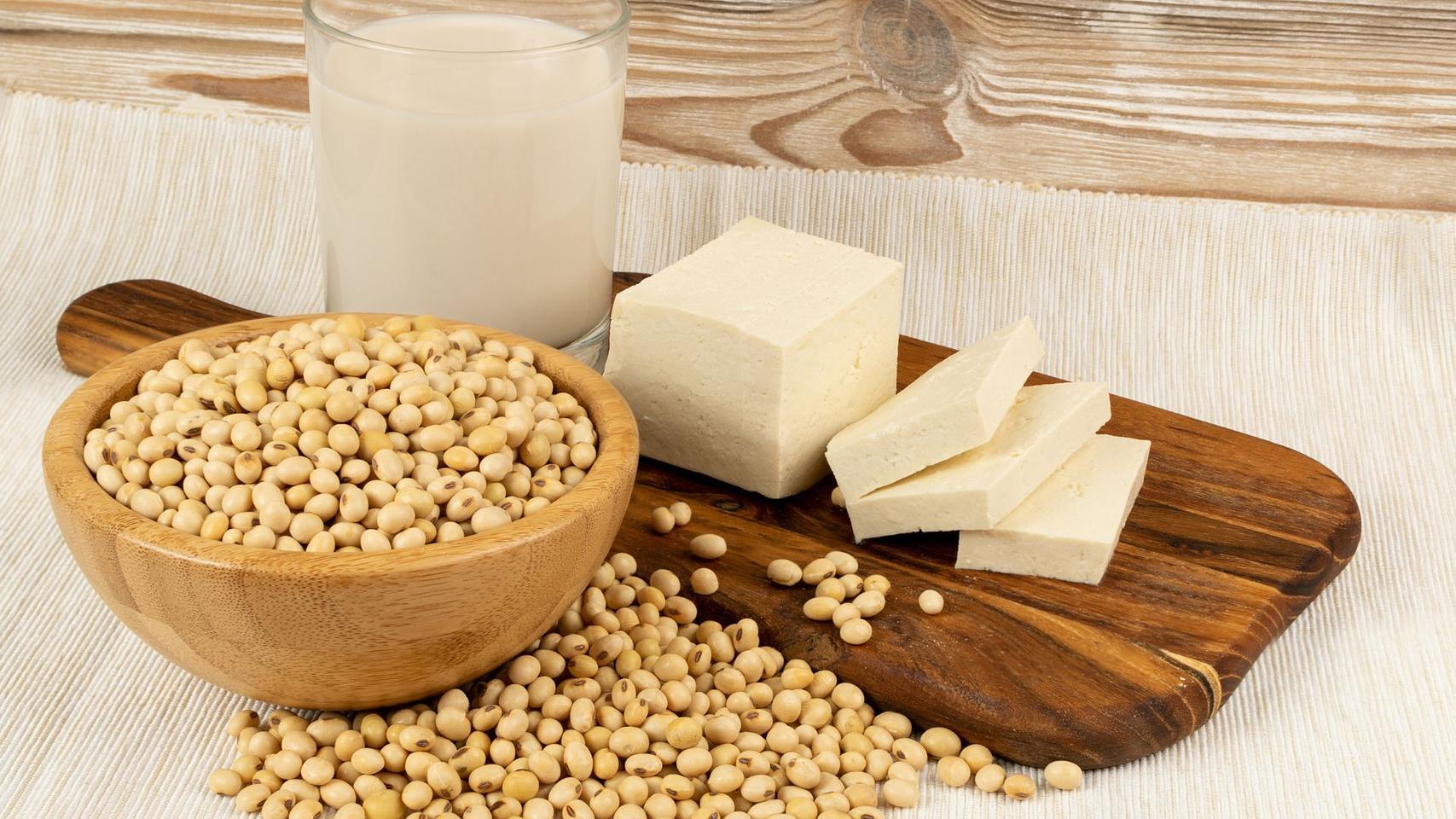Why So Conflicting?
For instance, these compounds were studied in vitro (in petri dishes or test tubes) which is not how these compounds are consumed in the real world. Nutrients that are consumed together interact differently than when in isolation.
- Reducing risk of cardiovascular disease.
- Improving oxidative stress & inflammation.
- Improving cholesterol markers.
- Lowering blood pressure.
- Improving hot flashes in menopausal women.
- Depression.
- Cognition.
Soy & Breast Cancer
Soy & Testosterone In Men:
Soy & Thyroid
What About Menopause?
Soy & Weight Loss
- Tofu
- Soybeans
- Tempeh
- Edamame Spaghetti
- Textured Vegetable Protein (TVP)
- Soy Mince
- Soy Milk/Yoghurt
- Soy Protein Powders
Can Too Much Soy Be Harmful?
- 200g of firm tofu. (16g)
- 100g of tempeh. (20g)
- 100g of shelled edamame beans (12.5g)
Summary
- Cardiovascular health.
- Metabolic health.
- Bone health.
- Cancer prevention/ improved prognosis.
- Menopausal symptoms.

.png)